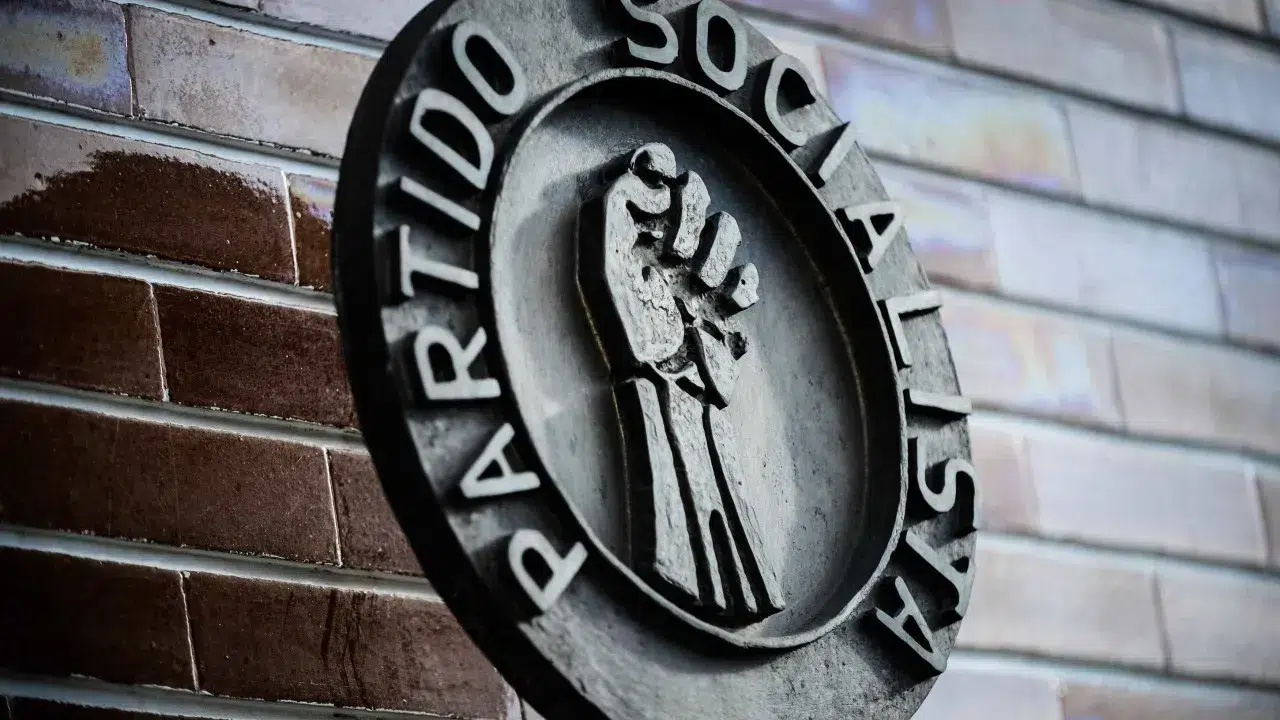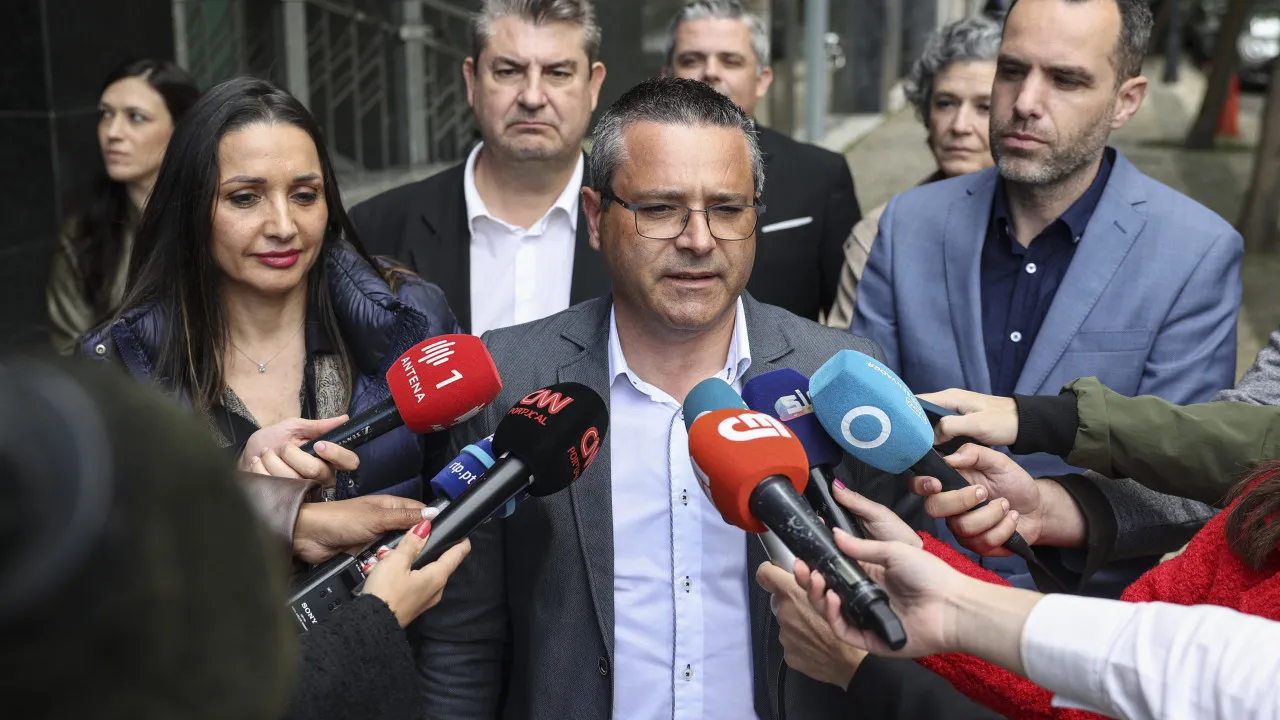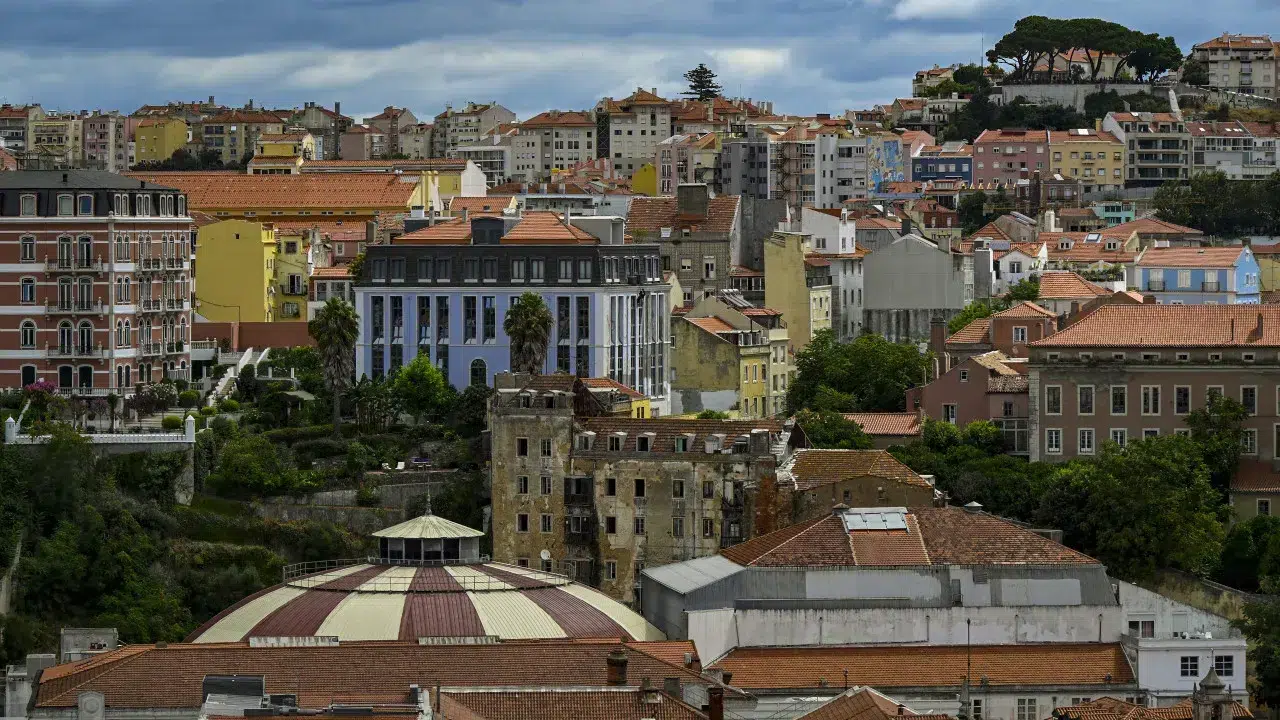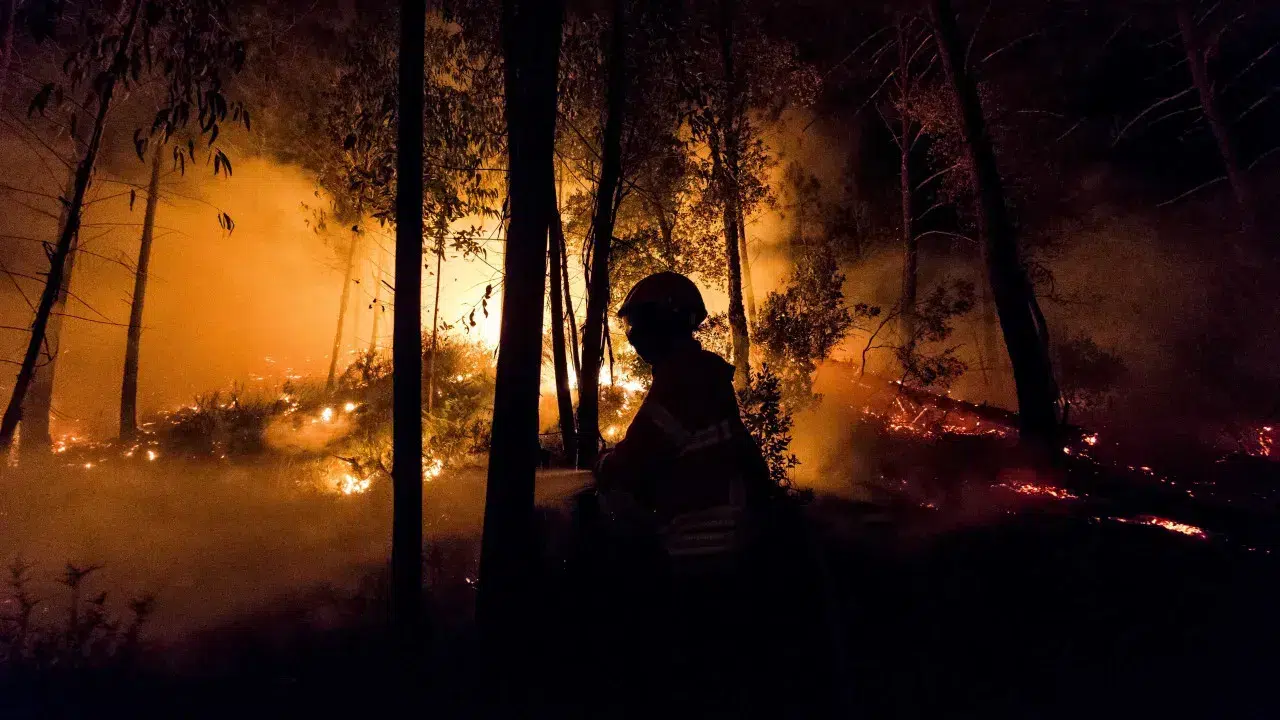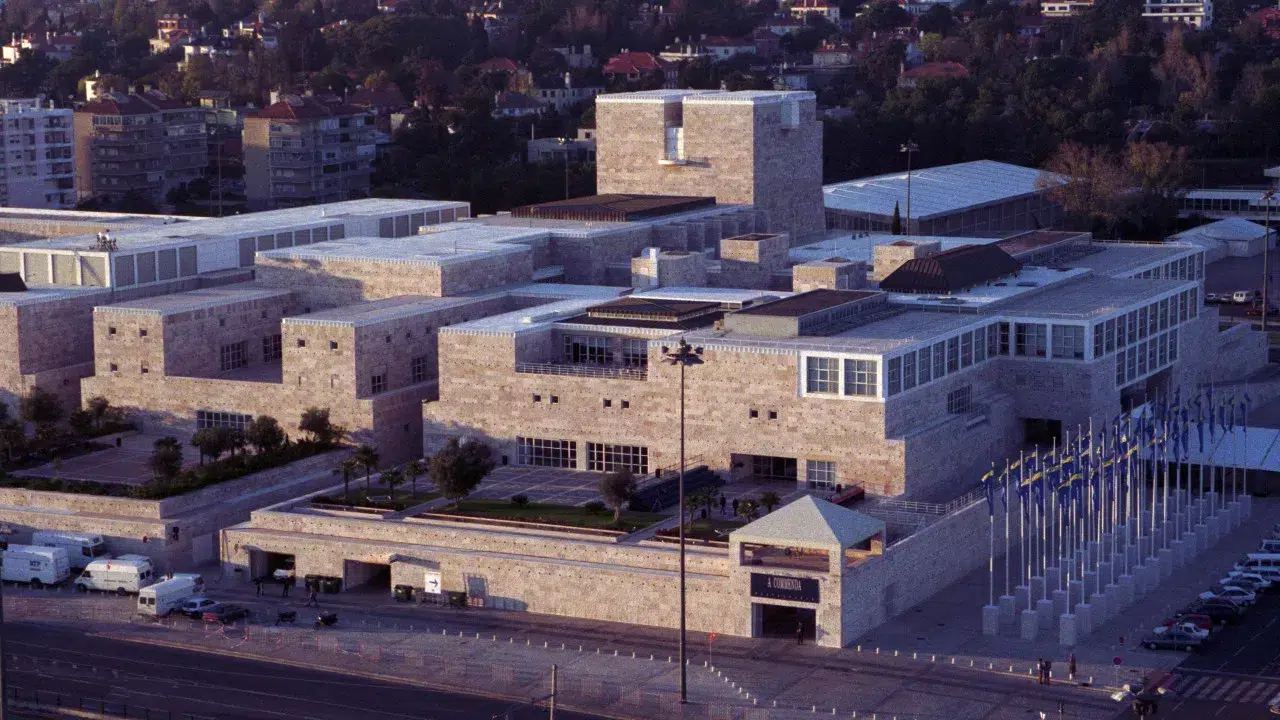
From July 22 to August 3, the program will feature world-renowned soloists such as cellist Gary Hoffman, soprano Anna Samuil, and tenor Werner Güra, pianist Milana Chernyavska, violist Gérard Caussé, violinists Lena Neudauer and Stephan Picard, double bassist Janne Saksala, and pianist Filipe Pinto-Ribeiro, the artistic director of the Festival.
Besides the CCB, the Picadeiro de Belém/Museu dos Coches serves as another venue for the Festival, hosting one of the two monographic concerts dedicated to Robert Schumann on July 30. The other monographic concert, dedicated to Franz Schubert, will take place on July 26 at the CCB.
The return to the venue where the Festival began in 2015 had long been a wish of its artistic director, Filipe Pinto-Ribeiro. He designed “the project to be framed within the CCB” and believes that “the conditions are in place to ensure the success and sustainable continuity of ‘Verão Clássico’,” following recent years “of significant logistical challenges due to the Covid-19 pandemic.”
This year, Verão Clássico presents ten concerts from July 23 to August 2, plus six “Talent Fest” concerts from July 24 to August 1, showcasing works by composers from the 18th century to the present.
In its 11th edition, the ‘masterclasses’—open classes on musical technique and interpretation led by internationally renowned musicians and pedagogues—have over 200 enrollees from 30 countries, “with a notably significant representation of musicians from North American, European, and Asian universities, as well as about one hundred Portuguese students,” said Pinto-Ribeiro.
Violinist Ana Chumachenco, debuting at the Festival and leading one of the ‘masterclasses’, was born in Italy. Of Russian origin and holding Argentine and German nationalities, she began playing at the age of four under her father’s supervision, a disciple of Leopold Auer, and later with Ljerko Spiller in Buenos Aires. She received a gold medal at the Carl Flesch competition in London at 18 and a silver medal at the Queen Elisabeth competition in Brussels a few years later. Her musical mentors included Joseph Szigeti, Sandor Vegh, and Yehudi Menuhin during those years. In 1978, Ana Chumachenco became a guest professor at the Menuhin Academy in Gstaad, Switzerland, a position she held for ten years. Since then, she has been a professor at the Munich University of Music and regularly conducts masterclasses.
“Her pedagogical work has produced several international award winners, and many of her students are currently renowned soloists. Among the most notable graduates from her class are Julia Fischer, Arabella Steinbacher, and Veronika Eberle,” according to Pinto-Ribeiro.
The director also noted the participation, among others, of violist Gérard Caussé and cellist Gary Hoffman, who were present at the first edition, pianist Milana Chernyavska, violinists Stephan Picard and Eszter Haffner, violist Lars Anders Tomter, double bassist Janne Saksala, and soprano Anna Samuil.
“An extraordinary team of musicians and teachers that fills us with pride and reflects the excellence of ‘Verão Clássico’ as one of the most prestigious and sought-after festivals and academies in the world,” declared the pianist who leads the DSCH-Schostakovich Ensemble.
The opening concert on July 23 at the CCB will feature violinists Lena Neudauer and Stephan Picard, violist Gérard Caussé, Filipe Pinto-Ribeiro, cellist Gary Hoffman, double bassist Janne Saksala, and soprano Anna Samuil, who will perform a program in variable formations. The repertoire includes three pieces by Max Bruch, Mozart’s Violin and Piano Sonata K524, Antonín Dvorak’s “Nocturne” for string quartet, and from this Czech composer, “Song to the Moon” from the opera “Rusalka,” and Beethoven’s “Ghost,” for trio.
The closing concert on August 2 at the Picadeiro de Belém/Museu dos Coches will feature musicians Annelien Van Wauwe (clarinet), Eszter Haffner and the Verão Clássico academist Alfonso Pinto-Ribeiro (violin), Lars Anders Tomter (viola), Christian Poltéra (cello), Filipe Pinto-Ribeiro, and tenor Werner Güra.
The musicians, assembled in different formations, will perform works by Mozart (Clarinet Quintet KV 581), Brahms (Two Songs/’Zwei Gesänge’), and Dvorak (Piano Quartet No. 1).
“Last year, we recorded 4,000 spectators at the concerts and masterclasses,” said Filipe Pinto-Ribeiro.
The complete program is available here.

